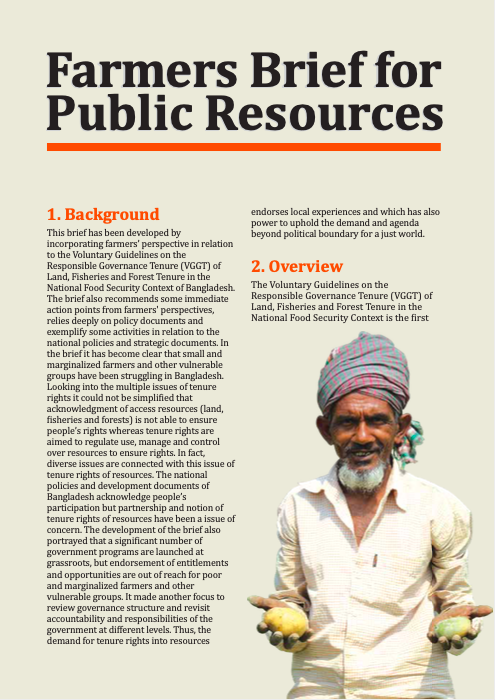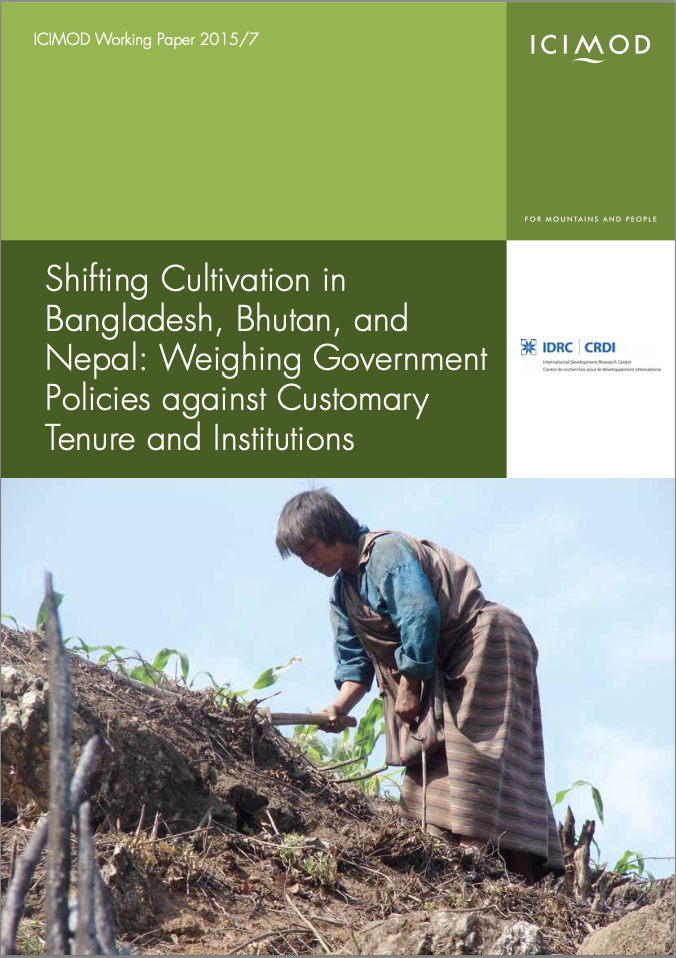The Status of Customary Land and the Future of Smallholder Farmers Under the Current Land Administration System in Zambia
The past decade has ushered in an era of increasingly contentious land politics in Zambia, with investors, the government, and chiefs simultaneously blamed for injustices in land allocation. These conflicts over land have been exacerbated, and at times caused by the lack of transparency and available data on the status of land. While a variety of actors has real grievances with the security and efficiency of the current system of land allocation, smallholder farmers bear the brunt of the risk of continuing the status quo in land policy.







